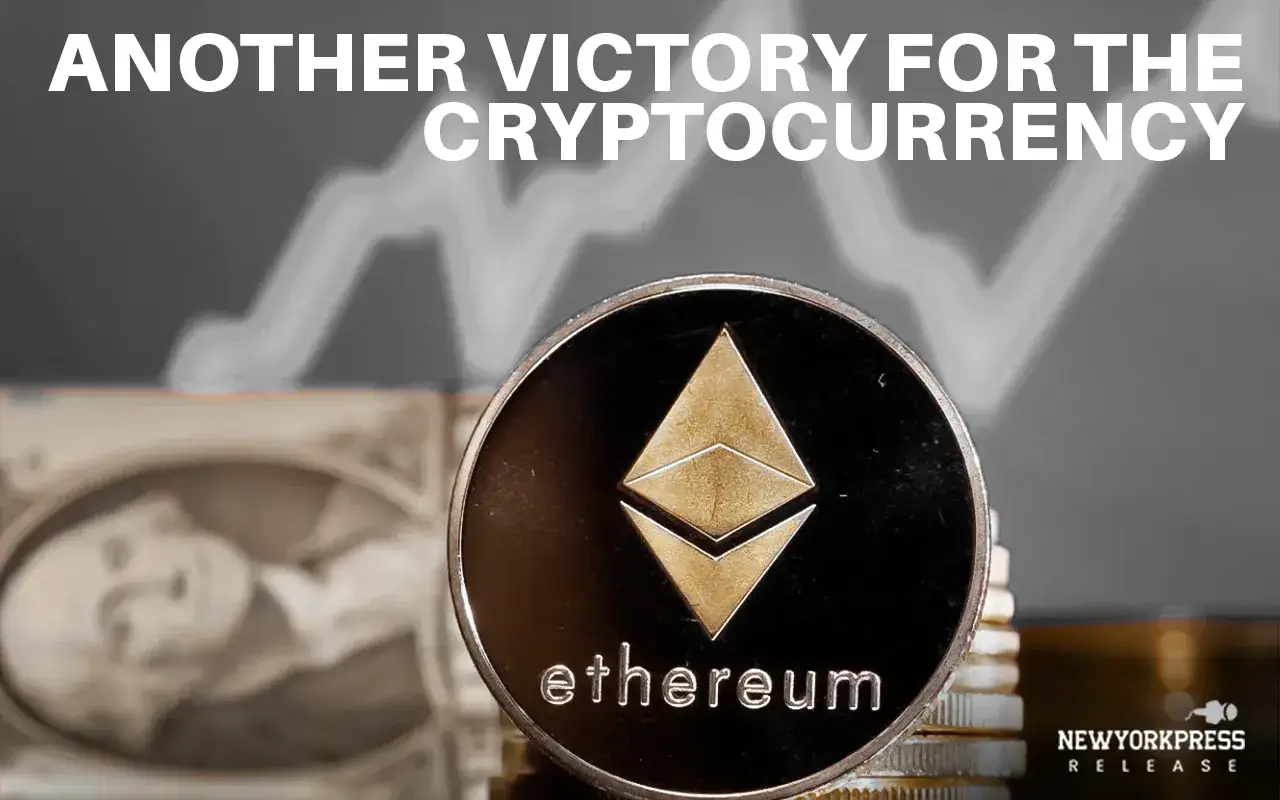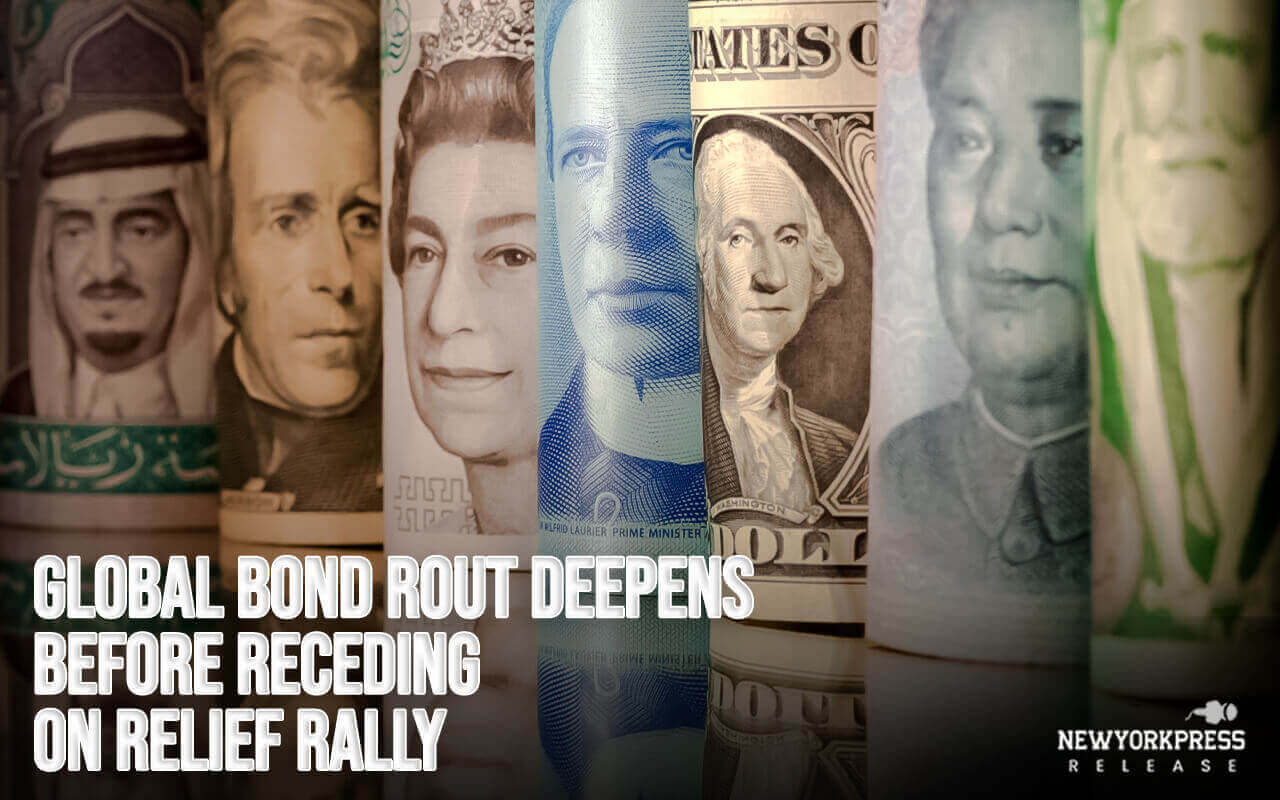US exchange-traded funds linked to the price of ether saw a robust start on Tuesday, with $1.07 billion worth of shares trading hands in the products, as reported by dealers, Bitwise Asset Management, and CF Benchmarks, a producer of digital asset indexes.
The iShares Ethereum Trust, which opens in a new tab with over $245 million in trading, Grayscale’s Ethereum Trust, which has over $450 million in turnover, and the Fidelity Advantage Ether ETF, which opens in a new tab with $137 million, were the most actively traded ETFs, according to Bitwise.
On Tuesday, trading started for products from VanEck, Bitwise, 21Shares, Franklin Templeton, and Invesco, opening a new tab.
The ether products represent another victory for the cryptocurrency industry’s drive to bring digital assets into the mainstream, following the introduction of nine U.S. spot bitcoin ETFs in January. However, analysts predict that the products won’t attract the same amount of inflow.
The $4.6 billion that was exchanged in the bitcoin ETFs on their January debut was not exceeded by Tuesday’s trading volumes. As of Wednesday morning, information regarding ETF inflows will be accessible.
According to Grzegorz Drozdz, a market analyst at an investment firm, “ether ETFs represent an important step in the development of the cryptocurrency market, even though they may not attract as much inflow as bitcoin ETFs.”
According to CoinGecko, a cryptocurrency data company, the price of ether, the second-largest cryptocurrency in the world after bitcoin, trended lower on Tuesday, which also affected the pricing of the new ETFs. According to CoinGecko, ether was trading flat at $3,486.75 following the market closing.
The launch of the ETFs, according to market participants, is important for the industry’s ongoing push to categorize ether as a commodity as opposed to a security.
Although the Securities and Exchange Commission has not declared ether to be a commodity, the new instruments are described as commodity-based trusts in registration documents.
Cristiano Ventricelli, senior analyst of digital assets at Moody’s Ratings, stated in a study on Tuesday that the launch increases the “legitimacy” of the cryptocurrency industry and that crypto ETFs will help increase market stability and decrease volatility.
The debut of the bitcoin ETF marked the end of a ten-year battle with the SEC, which had denied the products because of fears about market manipulation.
After losing a legal battle with digital asset management firm Grayscale Investments, the regulator was compelled to approve the ETFs, although cautioning that the products remained extremely risky at the time of approval.
According to Morningstar Direct data, the products attracted $33.1 billion in net inflows as of June, making the launch one of the most successful in the history of the ETF industry.
Bitcoin ETF issuers engaged in fierce competition over costs, with several companies giving full charge waivers for a limited time.
According to their public offering documents, the fees for ether exchange-traded funds (ETFs) vary from 0.19% for Franklin Templeton’s ET fund to a maximum of 2.5% for Grayscale’s ET trust, which is transforming into an ETF. The remaining group is about 0.25%.
In general, the costs are similar to those of bitcoin products; however, fewer waivers are being offered by issuers.
With a 0.15% charge, Grayscale debuted a “mini” version of its ether ETF.
Although demand projections for the ether products are very different, Galaxy Research, whose sister business Galaxy Asset Management is in the process of launching an ether ETF with Invesco, has calculated that monthly inflows of $1 billion may be attracted.
In a note, research analyst Matteo Greco at Fineqia International stated that the ETF market’s demand will be critical in determining investor interest in digital assets other than bitcoin.
The SEC’s decision to exclude the “staking” mechanism—a crucial element of the Ethereum blockchain that enables users to lock up their tokens for a predetermined amount of time in exchange for yield—from the ether ETFs is a significant source of concern for some investors. The SEC will only permit the ETFs to contain normal, unstaked ether as they are now designed.
September marked the start of issuer filings for the ether ETFs. Although executives were not optimistic that the SEC would accept the products, the agency shocked the industry in May by approving the necessary initial rule adjustments.
Gary Gensler, the SEC chair, told Reuters last month that the Grayscale case had affected his decision to approve the ether products because the underlying market conditions were comparable.




